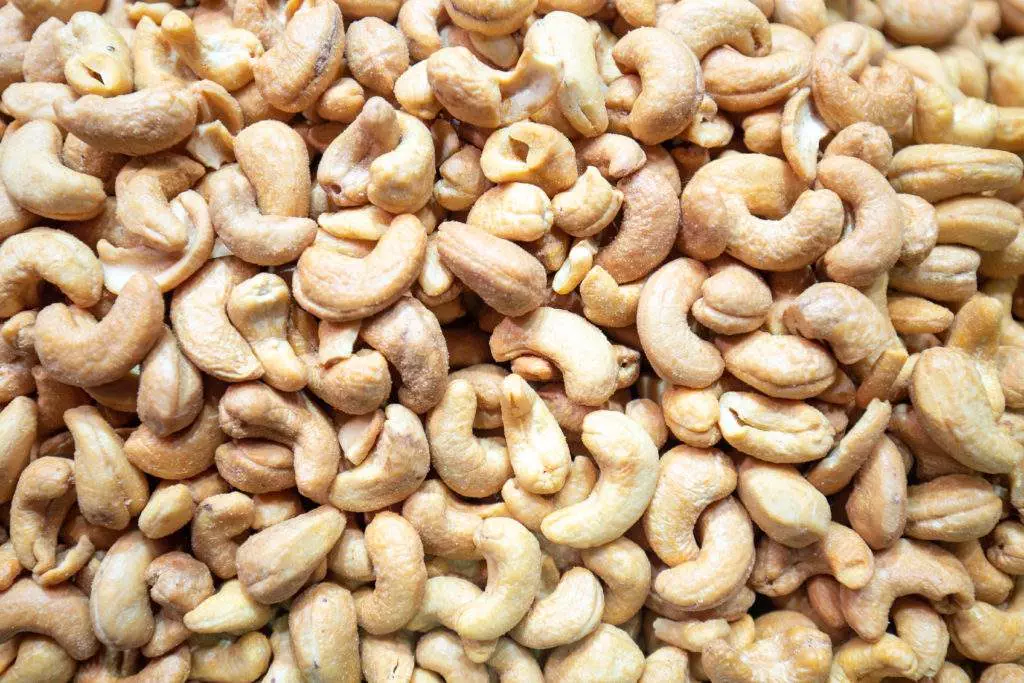IEH bidrar med norske erfaringer under FN-forum

United Nations Forum on Business and Human Rights er verdens fremste møteplass for aktører med interesse for ansvarlig næringsliv. Forumet arrangeres i Genève med over 2000 deltakere fra næringsliv, sivilsamfunn, offentlige myndigheter, berørte grupper og internasjonale organisasjoner. IEH er medarrangør for sesjonen Leading by example? Procurement as lever for human rights due diligence, sammen med Danish Institute […]
Ber myndighetene i Bangladesh forlenge Accord-avtalen

IEH og internasjonale samarbeidspartnere har sendt et brev til myndighetene i Bangladesh der vi ber om en forlengelse av Accord-avtalen, for å sikre arbeidet med å identifisere og utbedre alvorlige mangler i bygningsmassen i landets tekstilfabrikker.
Cracking the Nut – a deep dive into the cashew nut industry

“Were these risks as we anticipated? I found the situation to be better than feared, but there is still a lot to be done». Read Ethical trade Norway advisor Ole Henning Sommerfelts post from the cashew nut project in Vietnam.